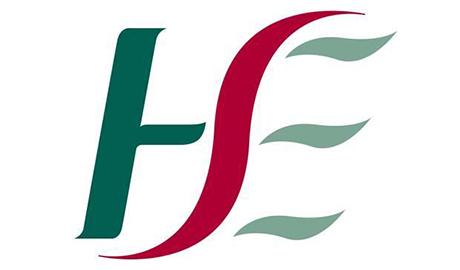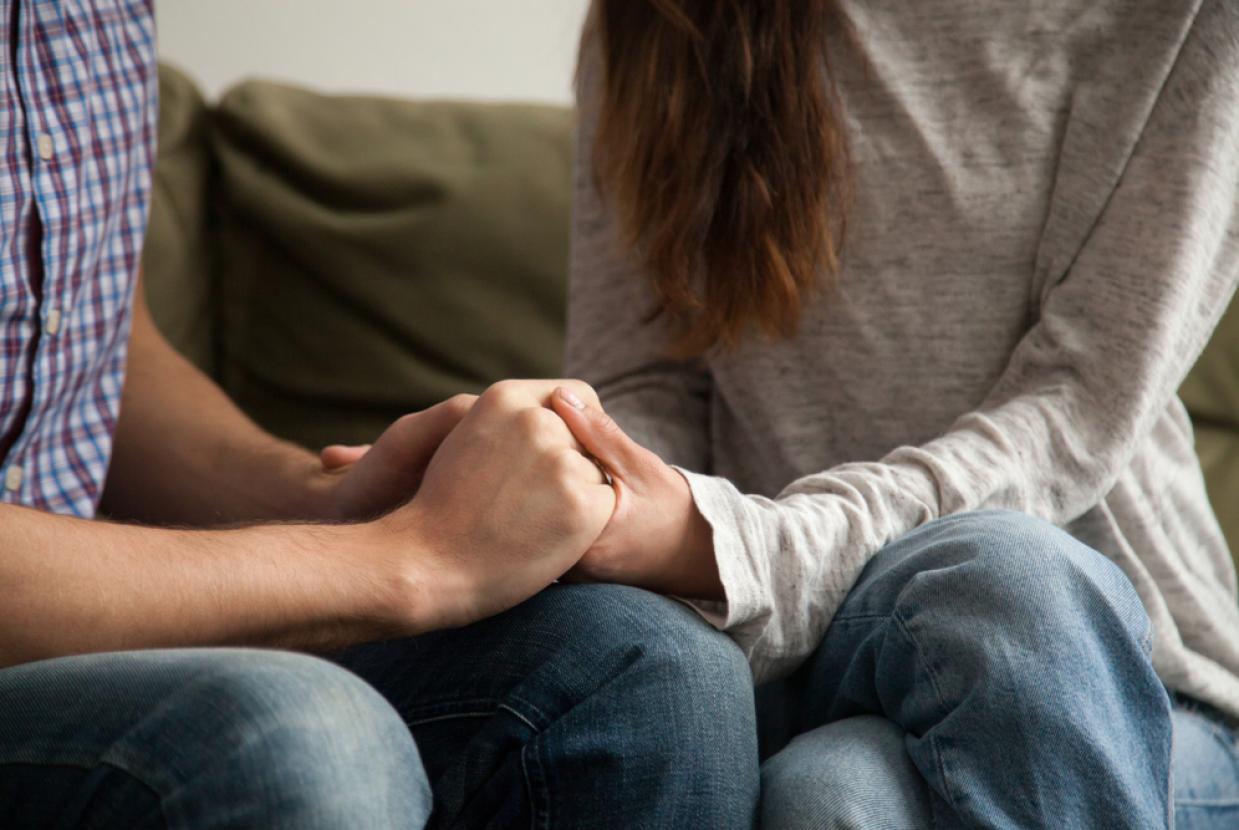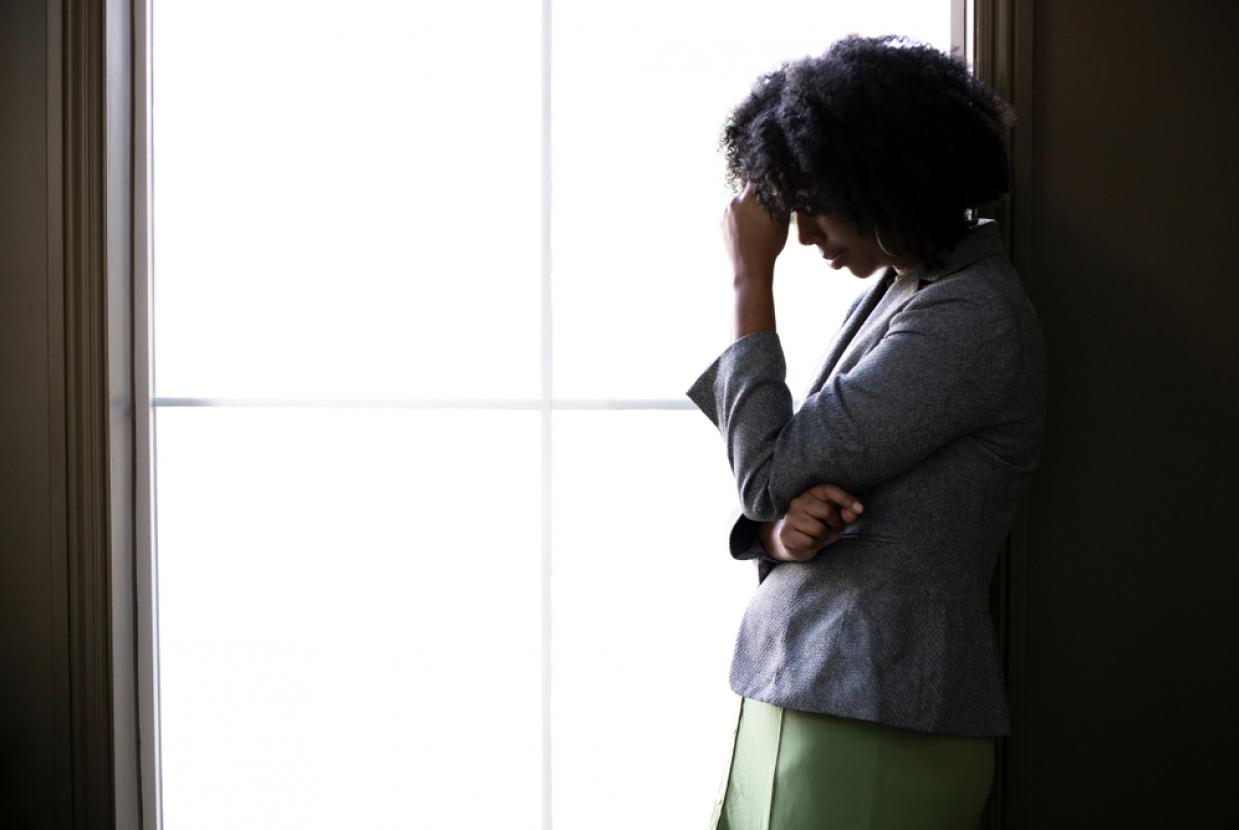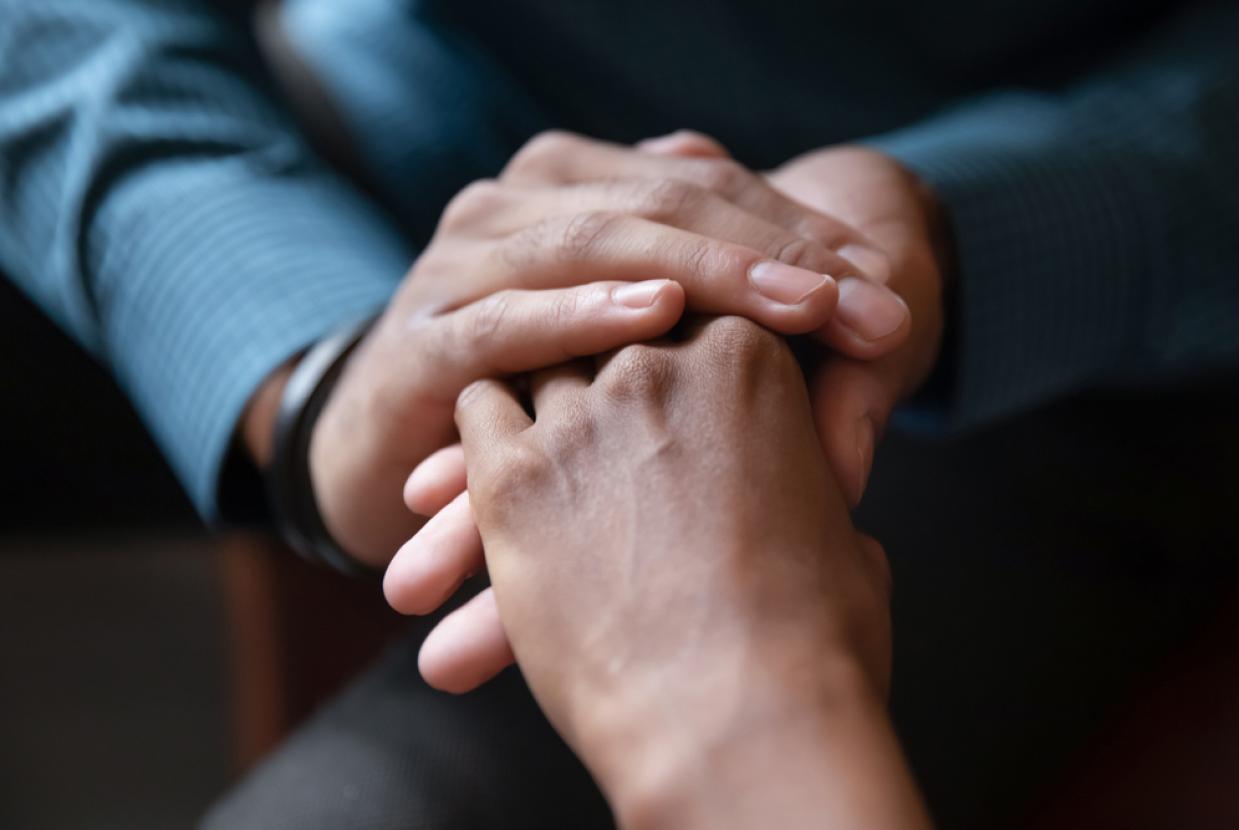Binge Eating Disorder (BED)
Binge eating disorder (BED) involves regularly eating large portions of food all at once until you feel uncomfortably full. This is often followed by feelings of upset or guilt. Binges are often planned in advance and the person may buy "special" binge foods.
Symptoms
The main symptom of binge eating disorder is eating very large amounts of food in a short time. This is often done in an out-of-control way. Symptoms may also include:
- eating very fast during a binge
- eating until you feel uncomfortably full
- eating when you're not hungry
- eating alone or in secret
- feeling depressed, guilty, ashamed or disgusted after binge eating
People who eat in this way on a regular basis may have binge eating disorder.
Warning signs
There are signs you can look out for that might indicate that someone you care about has an eating disorder. These are:
- Eating a lot of food, very fast.
- Trying to hide how much they are eating.
- Storing up supplies of food.
- Excessive exercise.
- Frequent changes in weight.
Getting help
If you think you may have an eating disorder, talk to your GP. You should do this even if you aren't sure if you might have a disorder.
If you have an eating disorder, your GP should refer you to a specialist who can help you recover. It can be very hard to admit you have a problem and to ask for help. It may make things easier if you bring a friend or loved one with you to your appointment.
If you're concerned that a family member or friend may have binge eating disorder, let them know you're worried about them. Encourage them to see their GP. You could offer to go along with them.
Causes
We don't know exactly what causes binge eating disorder and other eating disorders. You may be more likely to get an eating disorder if you:
- have a family history of eating disorders, depression, or alcohol or drug addiction
- have been bullied
- are criticised for your eating habits, body shape or weight
- are overly concerned with being slim
- have anxiety, low self-esteem, an obsessive personality or are a perfectionist
- have been sexually abused
Treatment
Most people recover from binge eating disorder with the right treatment and support. But it may take time. The main treatments for binge eating are:
- guided self-help programmes
- a type of talking therapy called cognitive behavioural therapy (CBT)
Binge eating disorder often causes weight gain. This can lead to other health problems. But you shouldn't try to diet while you are having treatment. This is because it can make your binge eating worse.
Cognitive behavioural therapy
Cognitive behavioural therapy (CBT) helps you manage problems by thinking more positively. It frees you from unhelpful patterns of behaviour. They will help you:
- plan out the meals and snacks you should have during the day, to help you adopt regular eating habits
- work out what is triggering your binge eating
- change and manage negative feelings about your body
- stick to your new eating habits so you don't relapse into binge eating
You shouldn't try to diet while you are having treatment. This can make it much more difficult to stop binge eating.
Medication
Antidepressants are not the only treatment for bulimia. But you may be offered an antidepressant like fluoxetine (Prozac). This is combined with therapy or self-help treatment to help you manage other conditions, such as:
- anxiety or depression
- social phobia
- obsessive-compulsive disorder (OCD)
Antidepressants are rarely prescribed for children or young people under 18.


























